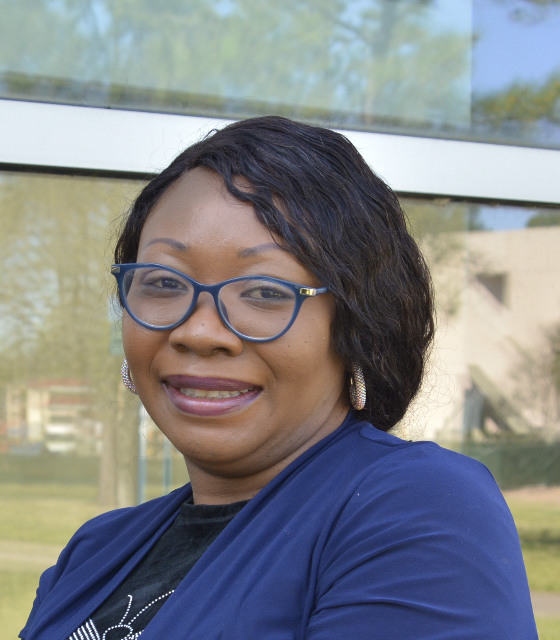Abstract
Severe acute respiratory syndrome coronavirus 2 (SARS-CoV-2) causes coronavirus disease 2019 (COVID-19). Imaging tests such as chest X-ray (CXR) and computed tomography (CT) can provide useful information to clinical staff for facilitating a diagnosis of COVID-19 in a more efficient and comprehensive manner. As a breakthrough of artificial intelligence (AI), deep learning has been applied to perform COVID-19 infection region segmentation and disease classification by analyzing CXR and CT data. However, prediction uncertainty of deep learning models for these tasks, which is very important to safety-critical applications like medical image processing, has not been comprehensively investigated. In this work, we propose a novel ensemble deep learning model through integrating bagging deep learning and model calibration to not only enhance segmentation performance, but also reduce prediction uncertainty. The proposed method has been validated on a large dataset that is associated with CXR image segmentation. Experimental results demonstrate that the proposed method can improve the segmentation performance and decrease prediction uncertainties simultaneously.
Speaker Bio
Lucy Nwosu (Presenter) received B.S. degree in electronic engineering, a M.S. degree in computer engineering, and is a Ph.D. student, pursuing multidisciplinary research in biomedical data analysis and machine learning, in CRI Center for Computational Systems Biology at Department of Electrical and Computer Engineering at Prairie View A&M University (PVAMU), supervised by Dr. Xishuang Dong. She is also a Graduate Research Assistant with the center, performing her research in biomedical image processing, deep learning, and computational systems biology.
Xishuang Dong is a member of CRI Center for Computational Systems Biology and Assistant Professor at Department of Electrical and Computer Engineering at Prairie View A&M University (PVAMU). He received B.S. degree in computer science and technique at Harbin University of Science and Technology, M.S. degree in computer software and theory at Harbin Engineering University, and Ph.D. in computer application at Harbin Institute of Technology. His research interests include: (1) machine learning based computational systems biology; (2) biomedical information processing; (3) deep learning for big data analysis; (4) natural language processing.
